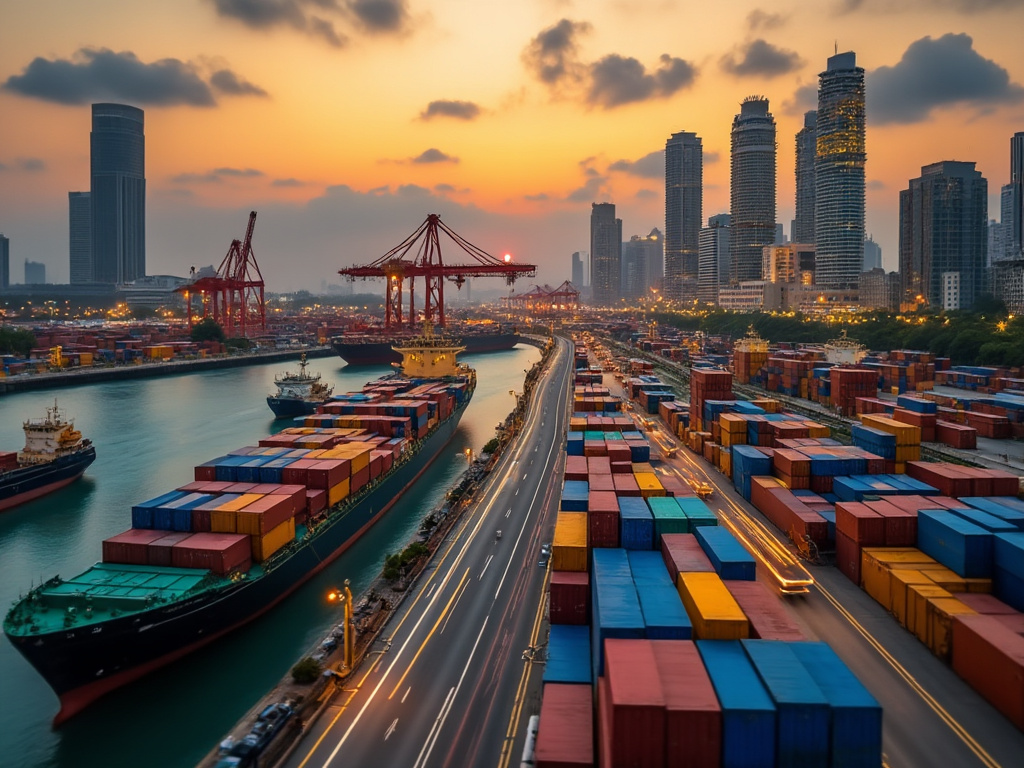Australia has turned down China's proposal to work together on trade matters, choosing instead to diversify its trade and lessen its reliance on China, its biggest trading partner.
The Australian government has turned down a request from Beijing to collaborate on tackling US tariffs, affirming its commitment to diversifying trade and diminishing its dependence on China.
In an interview, Deputy Prime Minister Richard Marles stated that Australia will not "hold hands" with China regarding any global competitive matters.
Instead, the focus will be on advancing national interests and broadening trade relationships internationally.
Australia intends to enhance trade connections with the European Union, Indonesia, India, the UK, and the Middle East.
Chinese ambassador to Australia, Xiao Qian, had called on Canberra to work together with Beijing to safeguard the global multilateral trading system.
At the same time, US President Donald Trump has declared a temporary reduction in tariffs for numerous countries, while maintaining increased tariffs on China from 104% to 125%.
This action is anticipated to further intensify the trade conflict between the world's two largest economies, posing a risk to Australia, which sends nearly one-third of its exports to China.
The Australian central bank has cautioned that the persistent uncertainty surrounding US tariffs and other trade barriers could adversely affect business investment and household spending within the country.
In an interview, Deputy Prime Minister Richard Marles stated that Australia will not "hold hands" with China regarding any global competitive matters.
Instead, the focus will be on advancing national interests and broadening trade relationships internationally.
Australia intends to enhance trade connections with the European Union, Indonesia, India, the UK, and the Middle East.
Chinese ambassador to Australia, Xiao Qian, had called on Canberra to work together with Beijing to safeguard the global multilateral trading system.
At the same time, US President Donald Trump has declared a temporary reduction in tariffs for numerous countries, while maintaining increased tariffs on China from 104% to 125%.
This action is anticipated to further intensify the trade conflict between the world's two largest economies, posing a risk to Australia, which sends nearly one-third of its exports to China.
The Australian central bank has cautioned that the persistent uncertainty surrounding US tariffs and other trade barriers could adversely affect business investment and household spending within the country.
























